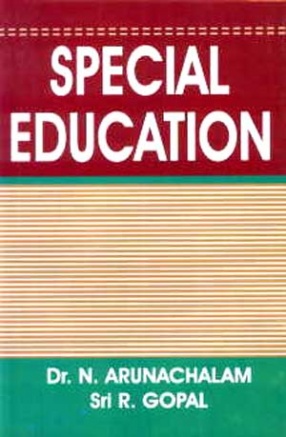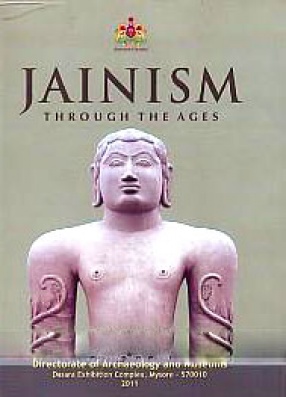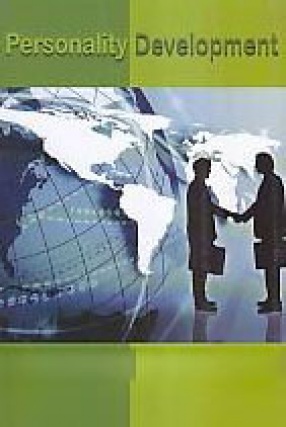In the present day societies, more number of children and youngsters irrespective of their learning in various parts of the world are in need of health services presented with a variety of behavioural, emotional, social, learning an physical problems. The pupil with behaviour disorder often experiences considerable personal disappointment, misery, rejection and loss of opportunities as well as a general reduction in the quality of life. Behaviour disorders in children are complex often containing a variety of components rather than single problem behaviour and it is influenced by multiple influences. Such influences include biological factors, various aspects of the youngster's behaviour, cognitive and social functioning and influences of the family and other social systems such as peers and school. There are variety of these difficulties influences and circumstances, identification, referral, evaluation and treatment. There is an immense need to understand the problems experienced by these children and their families.
Parents, siblings, peers and teachers alike will sooner or later encounter a broad variety of both normal and maladaptive behaviour pattern of pupil. They need to be particularly knowledge and skills regarding these characteristics. The development, progress and academic achievement of students are always depending upon the hands of the parents and teachers. Therefore, the people should have knowledge and skills in identification, assessment and treatment of behaviour disorders in students.
Murphy and Weisz (1996) indicates that there has been ready application of knowledge in such areas as the identification, assessment and prevention of disease and the healthy development of cattle and crops but the utilization of scientific knowledge relevant to the optimal development of children has been spotty and inadequate.
Thus an attempt has been made by us to provide knowledge, understanding, and experiences on behaviour problems of students in the Indian context. Also included knowledge and skills regarding behaviour disorder concept, meaning and nature of behaviour disorders, classification of behaviour disorders in children and adolescents, biological and psycho-social factors associated with behaviour disorders, available formal and informal identification and scientific assessment procedures and intervention strategies/therapies/treatment methods to overcome behaviour disorders in students. This knowledge and skills are helpful to identify and guide the students properly to overcome such disorders. It is worth to mention that the skills acquired help in many times to find remediation by themselves.
A relevant and suitable instructional strategy can bring about optimum result when it incorporates the application of educational technology in instructional process. The instructional strategy refers to the application of appropriate psychological principles or definite methods and techniques in the instructional objectives in the best possible manner at the lowest possible cost. Though there are various instructional strategies available, the modular instructions are found to be more feasible and profitable. Modular instruction is self-contained, self-learning and self-explanatory in nature. In this context, it is worth to think about the development and use of self instructional modules on behaviour disorders in students. It aims at mastery of learning and incorporated a lot of activities that ensure active learning. The objectives are made clear and the concept can be well explained in a module. In every stage, the content learned is recapitalised and self-assessment exercises are given. At the end, a test is made based on the objectives. The readers take this test and evaluate their attainment. It ensures learning autonomy, achievement of an expected standard and it provides remedial instruction. Hence an earnest attempt is made and developed behaviour disorders in students in the form of self learning module by us.








There are no reviews yet.